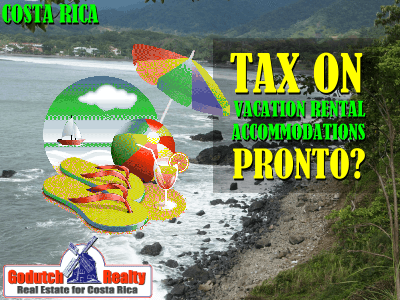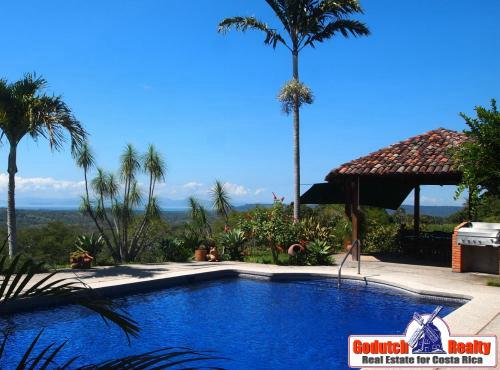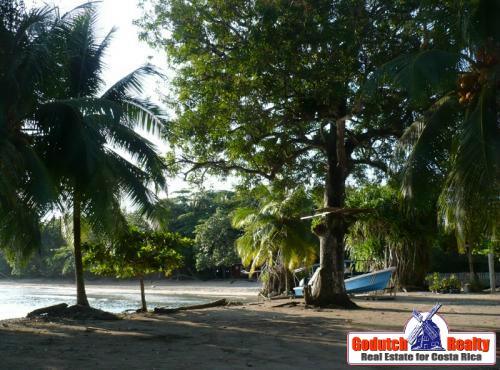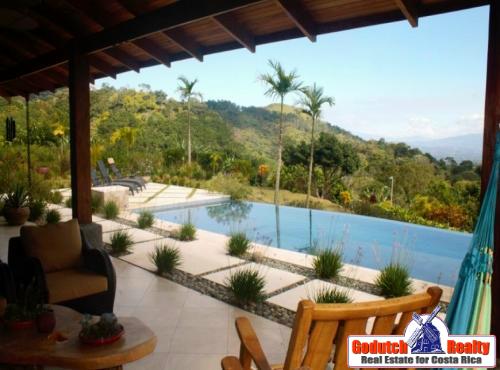 Is there a chance that vacation rental accommodations will have to start paying taxes soon?
Is there a chance that vacation rental accommodations will have to start paying taxes soon?
Many vacation rental owners are probably wondering what’s happening with that topic. Paying or not paying taxes makes a huge difference to your ROI if you have a vacation rental investment.
It’s a fact that if you have income from a business, such as vacation rental accommodations, you have to pay income tax. Even in Costa Rica!
Often, homeowners rent out their home or condo in Costa Rica when they don’t use it. Others have a guesthouse that is rented out when not needed by visiting family. Most don’t even think it’s necessary to pay income tax on this rental income. What kind of tax needs to be paid?
All these questions are starting to arise since Airbnb is so much in the news. Hotel owners are starting to complain about unfair competition.
Income tax
If you have any income in Costa Rica, as a salaried person or as a business, you must pay income tax. Find out more about what taxes are paid here.

Sales tax
Costa Rica also has a 13% sales tax on most services and goods. There is a 13% sales tax on hotel rooms. Last year, Airbnb agreed to collect sales tax from hosts in Costa Rica too. Nonetheless, Airbnb is registered in another country and cannot function as a tax collector like local businesses. Besides, Airbnb is not willing to share the names and contact information of their hosts with the Costa Rican tax office.
Home Away, VRBO, and other vacation rental websites are not bothering with the issue. So, for now, almost nobody charges their guests the mandatory sales tax except the hotels. In fact, nobody is showing any income either. A big loss for the Costa Rican tax authorities and a profit for investors.
How it functions
To be able to charge sales tax, the business person (personal or corporate) needs to register in the sales tax office first.
The home/condo owner must bill the tenant or vacation rental guest for the rental + 13% sales tax. This way, the homeowner acts as a tax collector for the Costa Rican tax office.
Sales tax paid by the home/condo owner on invoices for maintenance, replacement of inventory, marketing, and other overhead needed to run the business is deductible from what sales tax is collected at the end of the month.
Ownership
It’s important to know if the home is registered in your personal name or in the name of a corporation.
Personal
If you have vacation rental accommodations registered in your name, your banker might ask one day where all this income comes from. They might even ask if you are laundering money. By not telling them where this income comes from, you risk having your account shut down.

Corporation
Usually, corporations constituted as holding companies for real estate are inactive. If you have a corporation registered as a business, it is active. Check if your corporation is registered with the tax authorities as active or inactive here.
If your corporation is active, you must complete the income tax form, with or without income.
When you have an inactive corporation, you are not supposed to use it for business. Creating an income with an inactive corporation will make it active. So if you used it for vacation rental accommodations with income, you must present the income tax form D-101 Declaración Jurada del Impuesto sobre la Renta. For details in Spanish, click here or contact an accountant.
If that is the case, you will also have to charge 13% sales tax and become a tax collector for the government. First, your corporation has to be registered in the Sales Tax department. Then, every month you write an invoice and you fill out form D 104.
Bank account
If you have vacation rental accommodations, how do you manage the deposits made by your tenants and guests?
Often, this income goes into your property manager’s bank account, and you collect it once a year when you arrive in cash. There are hardly any controls <yet> on these bank accounts by the tax authorities.
If you receive this kind of income and you’re a US citizen, read Randy’s article about FBAR.
Retirement funds
If you have used your retirement funds, such as an IRA or a 401(k), to invest in vacation rental accommodations, you must do the correct thing: declare your income to the Costa Rican tax authorities.
Food for thought?
Should you get your vacation rental accommodations better organized? What will the future look like? Will income that is generated online soon be controlled and taxed? Hotels and tourism organizations are pushing hard for regulation and formalization of the vacation rental business. If you are in doubt about your personal situation, contact an accountant.

My recommendation
As a good Dutchman, I hate paying taxes, and if I can get away with paying less… I will certainly do so. Big Brother is indeed watching us, and it is harder to hide income from tax authorities than ever.
Can you get away with not declaring income to the Costa Rican government? And what about your own government (U.S. citizens)? I guess you can, for as long as it takes for the government to start checking on websites willing to divulge data about the owners of vacation rental accommodations.
My recommendation is that if you have vacation rental accommodations and you don’t want to get caught, sit down with a good accountant and get organized. Take care of income tax, sales tax, and how you manage income and bank accounts.
When you’re in the market for a vacation home as an investment, or you know someone who is, contact us. We know what we’re doing.
The grammar of the Spanish version of this blog was checked and corrected by Wagner Freer of the Spanish School for Residents and Expats. We strongly recommend this language school as your best choice to learn Spanish; click here to contact them.
























